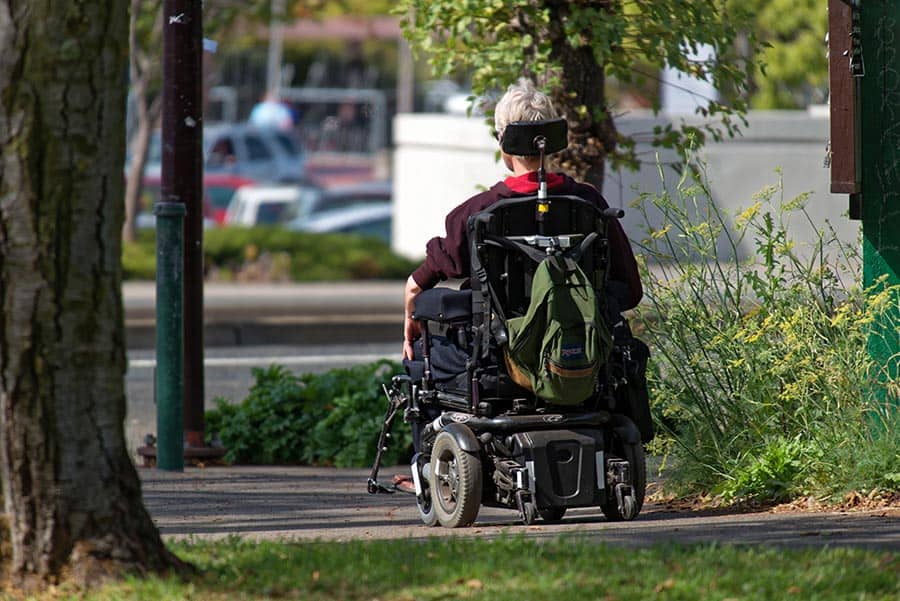Government launches review into the health impact of potential bias in medical devices

A far-reaching review is being launched by the Department of Health and Social Care (DHSC) into the impact of potential bias in the design and use of medical devices, which can can include assistive products such as wheelchairs and mobility scooters.
According to the DHSC, there are concerns that the way medical devices are designed and used could mean a patient’s diagnosis and treatment is affected by their gender or ethnic background, exacerbating existing inequalities in healthcare.
The coronavirus (COVID-19) pandemic has exposed health disparities across the country as the virus had a greater impact on those whose underlying health was poorer and death rates have been higher among people from ethnic minority communities.
While current UK regulations set out clear expectations, they do not currently include provisions to ensure that medical devices are equally effective regardless of demographic factors, such as ethnicity.
The independent review will look at devices to identify potential discrepancies in how they work for different ethnic groups. As part of this, the review will consider whether existing regulations mean there is a systemic bias inherent in medical devices.
Existing research on this has highlighted the need for this issue to be further examined, as these devices are critical for monitoring and deciding if treatment is needed for diseases such as COVID-19, where every minute counts and accurate data is vital.
The review will examine medical devices currently on the market to identify areas of concerns in these products, and aims to take forward work on identifying where systematic bias and risk exist with existing approved devices.
It will also make recommendations on how these issues should be tackled in the creation of a medical device from design to use, including potentially via regulation, and aims to be future-focused and consider the enhanced risk of bias in the emerging range of algorithmic based data / artificial intelligence tools.
It is hoped initial findings can be completed and presented by the end of January 2022.
https://thiis.co.uk/government-launches-review-into-the-health-impact-of-potential-bias-in-medical-devices/https://thiis.co.uk/wp-content/uploads/2020/03/Power-Mobility-Scooter.jpghttps://thiis.co.uk/wp-content/uploads/2020/03/Power-Mobility-Scooter-150x150.jpgGovernment & Local AuthoritiesNewsroomSector Newsaccessible,DHSC,medical devices,Mobility,scooters,technologiesA far-reaching review is being launched by the Department of Health and Social Care (DHSC) into the impact of potential bias in the design and use of medical devices, which can can include assistive products such as wheelchairs and mobility scooters. According to the DHSC, there are concerns that the...Liane McIvorLiane McIvorliane@thiis.co.ukEditorTHIIS Magazine

